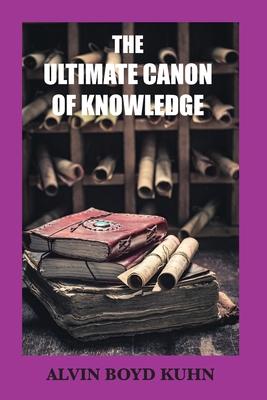Alvin Boyd Kuhn was one of the most insightful and controversial writers to have ever lived. His works have been praised as some of the greatest written in the 20th Century, but other devout authorities have vilified him. The main thrust of his work is showing how the origins of religious thought and our connections to God are found in the ancient past more accurately than today. He asserts that our deeper consciousness has always been the key to understanding our place in the world. The great sages and teachers never intended for the Bible and other religious texts to be read in a literal manner. The real message was always transmitted in parable and allegory, found at deeper and more meaningful levels for those who could comprehend. We can, for example, observe the physical world without viewing the hidden mechanisms of nature. Understanding our place in the world requires a deeper look, beyond physical appearances. Our holy books were often written under this model, with great truths veiled within simple events. Modern religion, including the Bible, blocks this path by interpreting and teaching only what's on the surface, resulting in what the author calls the "unconscionable stultification" of our ability to perceive and use divine truths. According to Kuhn, holy writ has no basis for interpretation along historical lines. We must discover our selves within the inner world, not the outer. This book, his final great work before passing away, attempts to clear a path for mankind toward divine truth.

Alvin Boyd Kuhn was one of the most insightful and controversial writers to have ever lived. His works have been praised as some of the greatest written in the 20th Century, but other devout authorities have vilified him. The main thrust of his work is showing how the origins of religious thought and our connections to God are found in the ancient past more accurately than today. He asserts that our deeper consciousness has always been the key to understanding our place in the world. The great sages and teachers never intended for the Bible and other religious texts to be read in a literal manner. The real message was always transmitted in parable and allegory, found at deeper and more meaningful levels for those who could comprehend. We can, for example, observe the physical world without viewing the hidden mechanisms of nature. Understanding our place in the world requires a deeper look, beyond physical appearances. Our holy books were often written under this model, with great truths veiled within simple events. Modern religion, including the Bible, blocks this path by interpreting and teaching only what's on the surface, resulting in what the author calls the "unconscionable stultification" of our ability to perceive and use divine truths. According to Kuhn, holy writ has no basis for interpretation along historical lines. We must discover our selves within the inner world, not the outer. This book, his final great work before passing away, attempts to clear a path for mankind toward divine truth.